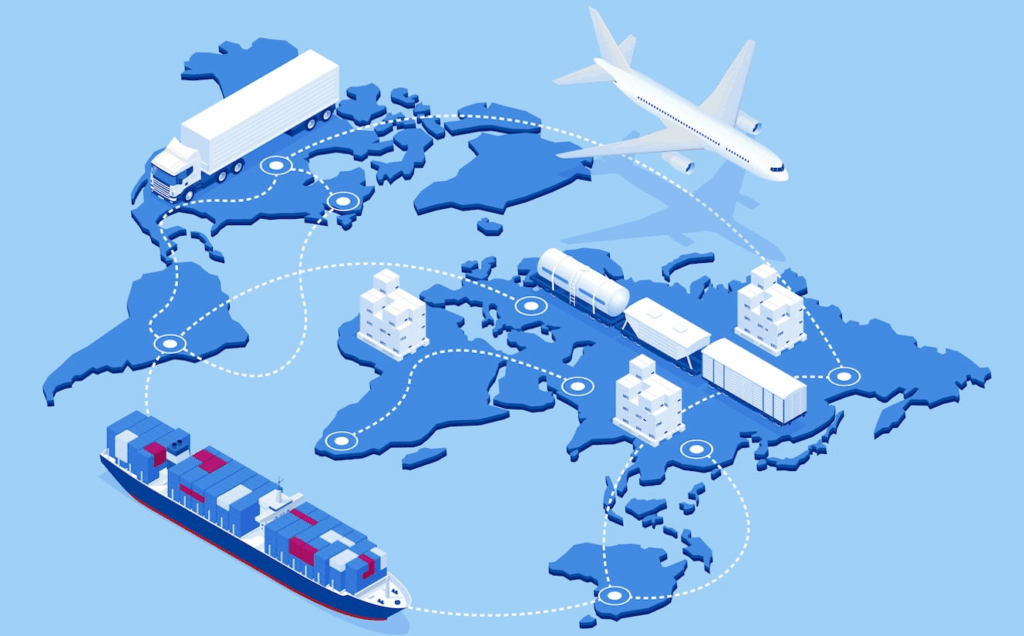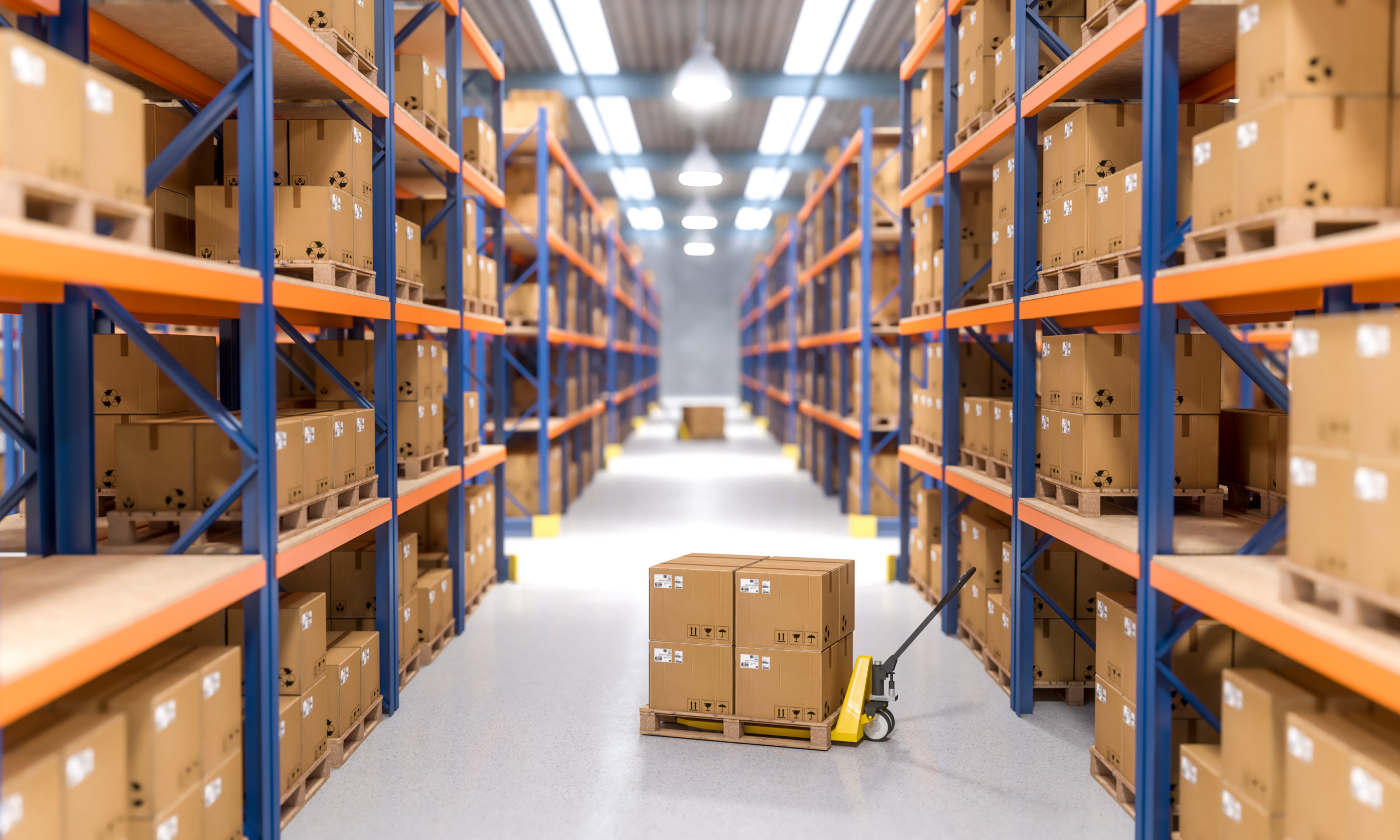E-commerce Growth & Global Shipping Logistics
E-commerce has reshaped consumer behavior, business operations, and, most critically, global shipping and logistics. With millions of transactions happening daily across borders, the demand for faster, more transparent, and more reliable logistics services is higher than ever. This transformation isn’t temporary—it’s a permanent shift driving a new era of logistics innovation and service-focused delivery models.
The E-commerce Boom and Changing Logistics Demands
E-commerce has broken geographical boundaries, enabling consumers to purchase products from anywhere in the world. As a result, cross-border shipping networks have grown more complex. Customers today expect faster delivery, accurate tracking, and real-time updates, whether they’re ordering from a local seller or an overseas brand. This has placed immense pressure on traditional logistics systems to adapt—or be left behind.

To support this exponential growth, logistics providers are rethinking their strategies. Flexibility, scalability, and visibility are no longer optional—they’re mandatory. Logistics partners must now manage not only the physical movement of goods but also the digital flow of information, customer communication, inventory synchronization, and return handling. These developments have shifted the focus from rigid supply chain systems to agile, service-based logistics solutions.
The Rise of Service-Driven Logistics Models
Modern logistics is no longer about merely transporting packages from point A to point B. Instead, it is about delivering complete, seamless service experiences. That’s where service-based models like Postalparcel come into play. Unlike rigid logistics systems, Postalparcel provides dynamic logistics services tailored to the needs of global e-commerce businesses.
One of Postalparcel’s standout strengths is its carrier management and delivery services, which are designed to optimize international shipping routes while minimizing costs and delays. With access to a wide network of postal operators and commercial carriers, Postalparcel ensures that clients can choose the most efficient and affordable shipping methods for each destination. This approach improves delivery speed and reduces issues caused by inconsistent service quality across regions.

Equally important is Postalparcel’s inventory and order management services, which offer real-time oversight of stock levels, order status, and fulfillment workflows. These services help e-commerce brands maintain accuracy, avoid overselling, and streamline operations—even when managing multiple warehouses or selling on various platforms.
How Postalparcel Solves Global Logistics Challenges
Postalparcel’s practical, service-oriented model has enabled it to solve critical logistics challenges in diverse markets. For example, in Southeast Asia, where fragmented infrastructure often disrupts last-mile delivery, Postalparcel coordinated a hybrid delivery solution combining regional couriers with local bike services. This not only improved delivery reliability but also significantly reduced customer complaints and returns.
In contrast, for European cross-border e-commerce, where customs clearance delays can be a bottleneck, Postalparcel implemented proactive documentation and multi-language support in its carrier management system. A French beauty brand using Postalparcel saw a 25% reduction in customs-related delays and a noticeable improvement in customer retention. This success story reflects the brand’s ability to deliver consistently across regions by relying on Postalparcel’s integrated services.
By embedding logistics expertise directly into client operations, Postalparcel acts not as a software system but as a logistics partner, continuously adapting to the client’s evolving needs. This level of service ensures businesses can scale without being hindered by logistics limitations.
Technology-Driven Efficiency Meets Human-Centered Service
The future of logistics in the e-commerce landscape will be shaped by a blend of automation and personalized service. AI-powered demand forecasting, automated warehouse management, and real-time tracking are now standard expectations. Yet, even with cutting-edge technology, responsive customer service, proactive problem-solving, and local market understanding cannot be overlooked.

Postalparcel’s approach balances this perfectly. While it integrates advanced tracking and data analysis to support its cross-border shipping network, it doesn’t remove the human touch. From localized support teams to adaptable service modules, it ensures that even complex logistics challenges are handled with precision and care.
Logistics as a Growth Enabler, Not a Bottleneck
For online retailers, logistics should not be viewed as a back-end necessity, but as a growth enabler. Brands that treat logistics as an integral part of the customer experience tend to enjoy higher satisfaction, better reviews, and stronger brand loyalty. Postalparcel exemplifies this shift, offering services that empower brands to expand into new markets without sacrificing reliability or efficiency.
As new e-commerce platforms emerge and customer expectations continue to evolve, the ability to adapt quickly will separate leading retailers from the rest. Service-based logistics providers like Postalparcel allow businesses to respond to market changes without overhauling their entire supply chain.
Conclusion
The e-commerce revolution is far from over. With innovations like same-day international delivery, carbon-neutral shipping, and AI-driven routing on the horizon, logistics will remain a central pillar of global commerce. Success in this landscape will depend on how well businesses can partner with logistics services that understand the nuances of global shipping.
Postalparcel, with its comprehensive approach to carrier management, inventory oversight, and order fulfillment, is already helping e-commerce brands turn logistical complexity into a competitive advantage. Focusing on services rather than rigid systems creates a scalable, resilient foundation for future growth.
Industry Insights
news via inbox
Nulla turp dis cursus. Integer liberos euismod pretium faucibua









[…] E-commerce success today depends on more than just products and prices—efficient logistics and real-time shipment tracking are now essential. As customer demands grow and international orders increase, the ability to manage global deliveries has become a key advantage. […]